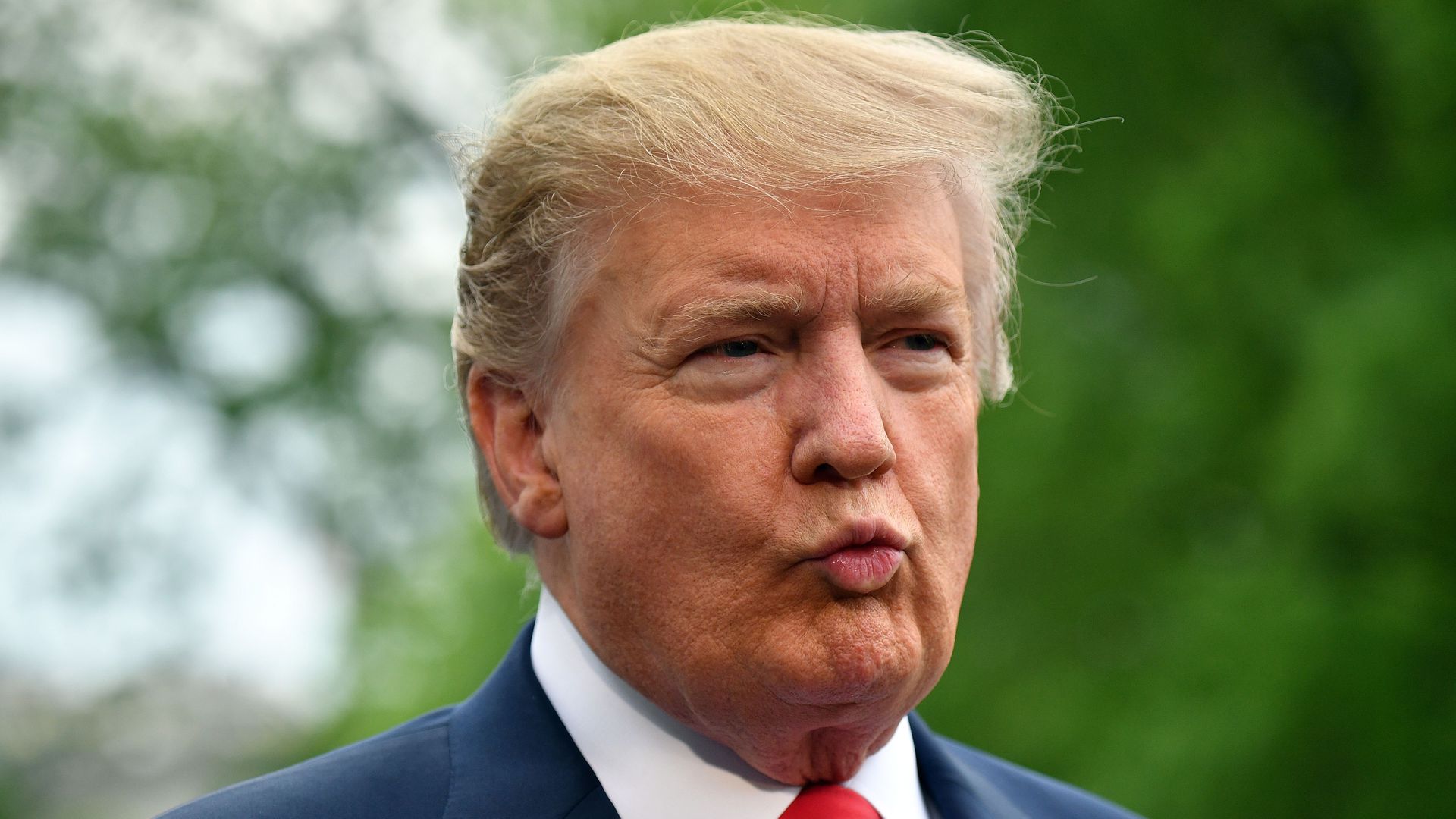It’s only a few months until Americans start weighing in on the 2020 Democratic Primary, but that isn’t stopping multi-billionaires like Michael Bloomberg from dipping their toes into the electoral waters.
With the current administration sowing hate and division, Bloomberg believes he is the one that can save the United States from itself. However, his delusions of grandeur miss a fundamental point: he and billionaires like him are a product of the broken economic system that brought us President Donald Trump in the first place.
The problem with “self-financing” billionaire presidential hopefuls like Bloomberg, Howard Schultz, and Tom Steyer is that they are not going to deliver the transformative and structural economic change the United States so desperately needs because they’re thriving in the oligarchic status quo we live under today.
Corrupt Campaign Finance System
One of Washington’s swampiest features is the profoundly corrupt campaign finance system, which allows the wealthiest to pour unimaginable sums of money into political campaigns. Politicians receive hundreds of millions of dollars from powerful special interests and then go to Washington and rig the economy’s rules in favor of their biggest financiers.
An average citizen with a median income has no hope of competing financially in politics with wealthy executives who bankroll political campaigns and incentivize politicians to be far more accommodating to their concerns than they’ve ever been to yours.
If you’ve ever wondered why U.S. prescription drug costs are so high, why the government stands aside while the climate crisis destroys the earth, or why profits for top companies are reaching record highs while many Americans can’t afford a $400 emergency, look no further than the pharmaceutical drug dealers, oil tycoons, and Wall Street bankers padding the campaign coffers of elected officials at all levels of government, from statehouse delegates to U.S. Senators, all the way up to the White House.
Few politicians exemplify this dynamic to the degree that Trump does. While he branded himself an everyman and promised to “drain the swamp,” Trump financed his campaign no differently than his opponents. Upon taking office, he surrounded himself with oil executives like Exxon Mobil’s Rex Tillerson and Wall Street bankers like Steven Mnuchin, Steve Bannon, and Gary Cohn. It’s no wonder nearly all of the benefits of the 2017 Tax Cuts and Jobs Act went to the top one percent.
Slide into Oligarchy
Trump is the culmination of the country’s decades-long slide from the republic envisioned by our founders to an oligarchic style of governance. Yes, Americans still go to the polls and vote for their elected representatives, but it’s increasingly clear those representatives are far less responsive to public opinion than to the whims of powerful special interests.
As a result of this slide into an oligarchy, wealth inequality in the United States is the worst it has ever been. The top one percent of earners own more wealth than the bottom 90 percent. In 1950, the average CEO made 20 times the salary of their average worker. Today, CEOs make an average of 361 times their rank and file employees. Corporate power, control, and greed are everywhere.
Billionaire politicians will never demand the top one percent of earners pay their fair share in taxes because they’re perfectly happy with the current taxation system, in which they pay less or nothing at all. Billionaires don’t care whether you can afford healthcare because they have the best insurance money can buy.
The only reason any billionaire is even thinking about running is because they’re terrified a progressive might become president and enact policies that benefit poor and middle-class Americans at their expense. For the billionaire class, the thought of a government that works for all instead of just those at the top is simply beyond the pale.
Solidarity
Tune into the cable news networks long enough and you’re bound to see some billionaire stooge sit in on a panel and whine about the wealth tax proposals of Bernie Sanders or Elizabeth Warren and why they’re just not fair to poor little plutocrats like them.
One such billionaire, Leon Cooperman, even cried on national television during a segment where he criticized Warren’s wealth tax. How dreadfully depressing it must be to think of living with a few billion less to your name. Soon after news came out hinting at a possible Bloomberg entry into the 2020 race, reports detailed how fellow billionaire Jeff Bezos had asked his pal Bloomberg to consider jumping in months ago.
The chorus of outcries from American billionaires at the thought of paying higher taxes is an undeniable show of solidarity among the billionaire class. The only question is whether the working class will show some solidarity of their own.



